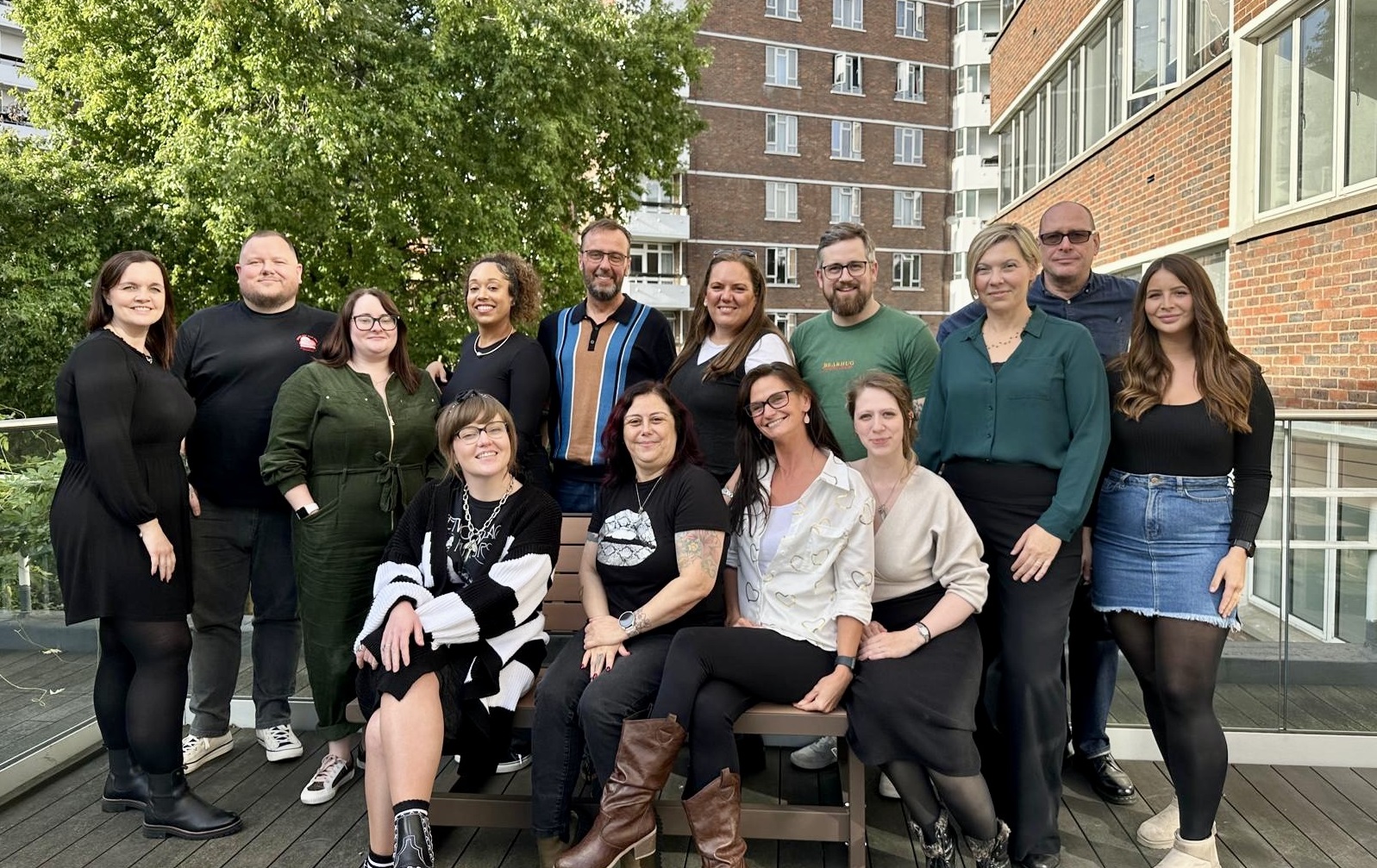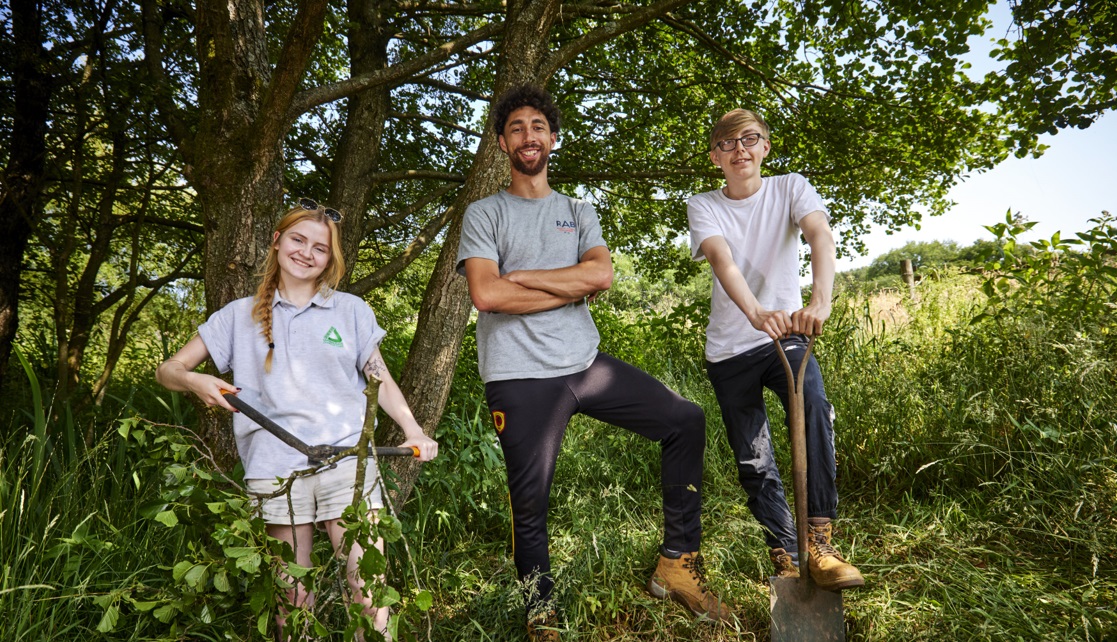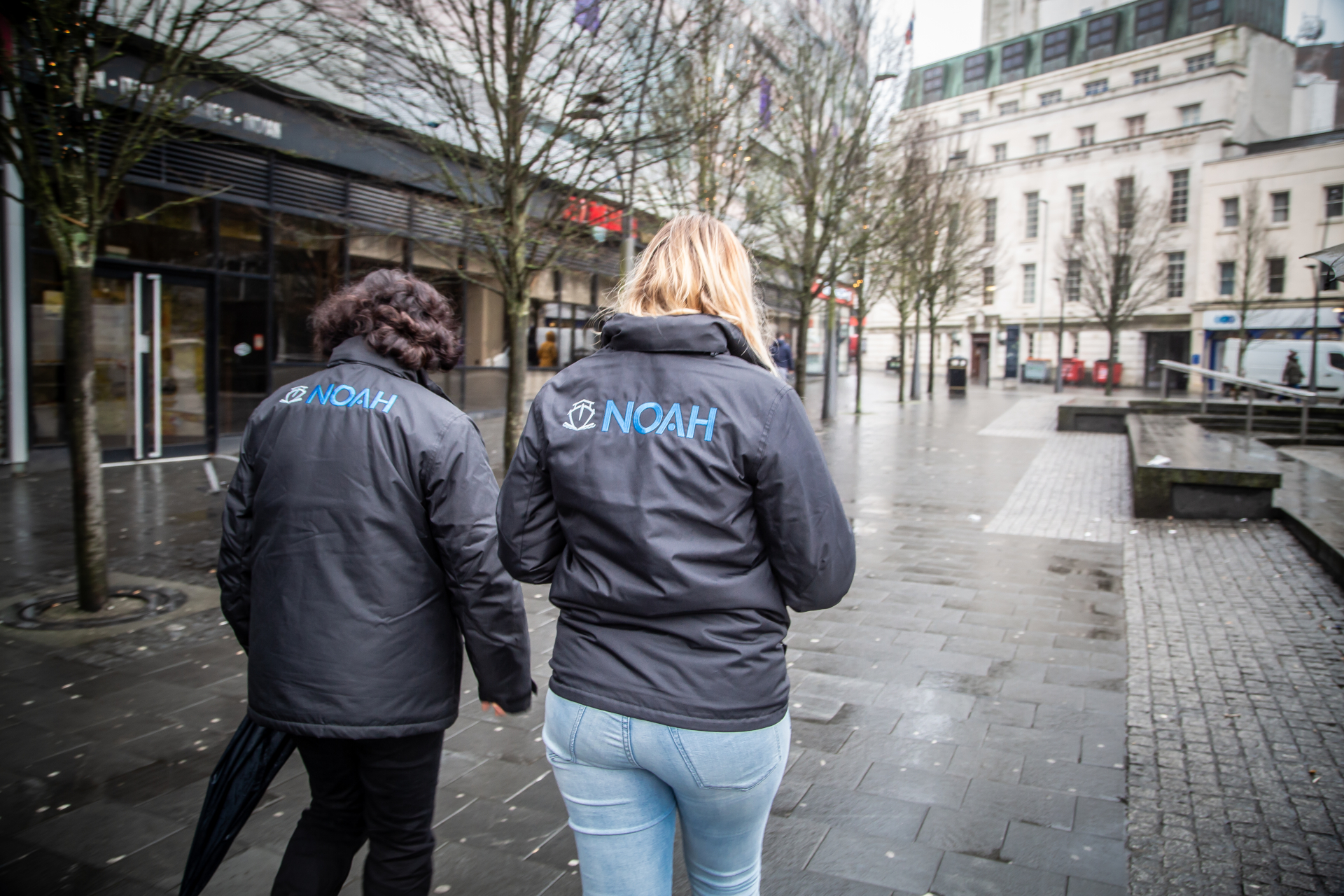
Case studies for commissioners
RIFT Social Enterprise
RIFT Social Enterprise is a Community Interest Company (CIC) that delivers self-employment services across the UK, with its main focus being on a 12-month one-to-one support for people interested in working for themselves. Its vision is to be the leading provider of self-employment support for marginalised people, and its mission is to empower participants to achieve sustainable self-employment and raise awareness that this is a viable option for many. The business has been trading for seven years, delivering a series of courses and webinars beyond its main support programme as well as accredited workbooks. From a team of two, it’s grown to 15 staff members, and in the last year alone supported more than a thousand people on their journey to self-employment. Working to support those in the criminal justice system For the first four years of RIFT Social Enterprise’s existence, the government department it’s worked with most has been His Majesty’s Prison and Probation Service (HMPPS). It has delivered services via the dynamic purchasing system (DPS) for the prison service and through CFO3 (Co-funding Organisation Round 3), which supported people with convictions to overcome barriers to education and employment. This funding ended in July 2024, but the social enterprise has been onboarded by the majority of prime providers delivering the programme's next iteration, CFOE. Two years ago, RIFT Social Enterprise diversified its services and started delivering for the Department for Work and Pensions’ (DWP) Restart Scheme. This works with people who have been long-term unemployed, giving them specialist tools and support to get back into the job market. The scheme is primarily contracted out to a series of prime organisations, such as Maximus and Ingeus, and RIFT Social Enterprise currently delivers for 20 different Restart providers all across the country. What are the benefits to government of working with Voluntary, Community and Social Enterprise Organisations (VCSEs)? RIFT Social Enterprise’s chief executive Andy Gullick emphasises the additional value that comes through partnering with organisations dedicated to creating a positive social or environmental impact: “Social enterprises have social value at their core. The work that we do is founded in doing it for the right reasons, and profits have to be reinvested back into the business for the greater good of the work we’re doing. It’s a self-fulfilling prophecy that’s only going to lead to long term benefits for the participants, the local community, and that government contract as a whole.” What challenges have you faced in the contracting process? Process, transparency and the role of relationships One of the big challenges RIFT Social Enterprise has found when applying for contracts is the time it takes to get onto portals such as the DPS for the prison service. Organisations wishing to deliver government contracts submit eligibility to deliver a service onto a DPS, with the relevant department going to those who have made it onto these procurement platforms to decide who to contract with. Whilst these are set up to simplify the contracting process, getting on the DPS “took hours and hours for a relatively new social enterprise at the time”. For smaller VCSEs, the amount of detail required can prove to be a challenge: “When you don’t have a big team or the experience of bidding for government contracts, it’s quite difficult in terms of bid writing , having to have two years’ worth of audited accounts, or if not providing management accounts and references. Having to go through 90 different questions as part of the due diligence process is really time consuming!” Once on a procurement portal, Andy highlights that many organisations “expect to sit back and wait for call-off opportunities to be published which they can bid for” but in reality it’s often “more about the relationships that you had or forge with particular prison governors of prison leadership teams, rather than it being an equal process”. This focus on forging relationships with commissioning bodies can lead to criticisms about the transparency of the process, and service deliverers sometimes approaching commissioners with ideas on what kind of services to commission. Compared to work with HMPPS, the Restart work through DWP was easier - but there were common challenges around the onboarding process, primarily around working with primes (organisations applying directly apply to DWP to deliver the bulk of the contract). In the example of Restart, a prime organisation would deliver a certain percentage of the contract and subcontract a supply chain to deliver another percentage, then both subcontract RIFT Social Enterprise on a spot purchase arrangement to provide specialist self-employment provision. Each layer required separate due diligence processes. Working with so many primes meant RIFT Social Enterprise had to fill out the same information multiple times and often in different ways; Andy said: “I wish that there was one standard proforma that was used for all VCSE providers that captured all of the information that all the primes need for due diligence.” Capturing broader impact Andy raised concerns that contracting processes don’t capture well the broader impact created by VCSEs, which are set up to tackle social and environmental challenges. He stressed how “stories of change” and the impact of RIFT Social Enterprise’s programmes on individual participants are key to its work, but often beyond the specifications of many contracts. With Restart, prime organisations draw down funding every time RIFT Social Enterprise can evidence that someone is self-employed as a result of the organisation’s work, but what is not counted are the “many softer outcomes for that individual such as an increase in confidence, better relationships with family and the wider community”. “There’s a real dichotomy between us being a not for profit, doing things for the right reasons, but working on a contract, where in a way, they encourage us to screen people out that aren’t going to get to the point of trading because they won’t be able to draw down any funding for that person – it’s a constant battle.” One possible solution to making it easier for VCSEs to apply for government contracts suggested by Andy is to influence primes to work with more VCSE suppliers: “With any new government procurement opportunities, the prime should be mandated so that a percentage of delivery has to fall within VCSE organisations. We add so much in terms of social value and impact but, at the moment, it’s a nice to have.” Based on a conversation with Andy Gullick, Chief Executive at RIFT Social Enterprise riftse.co.uk
5 min





